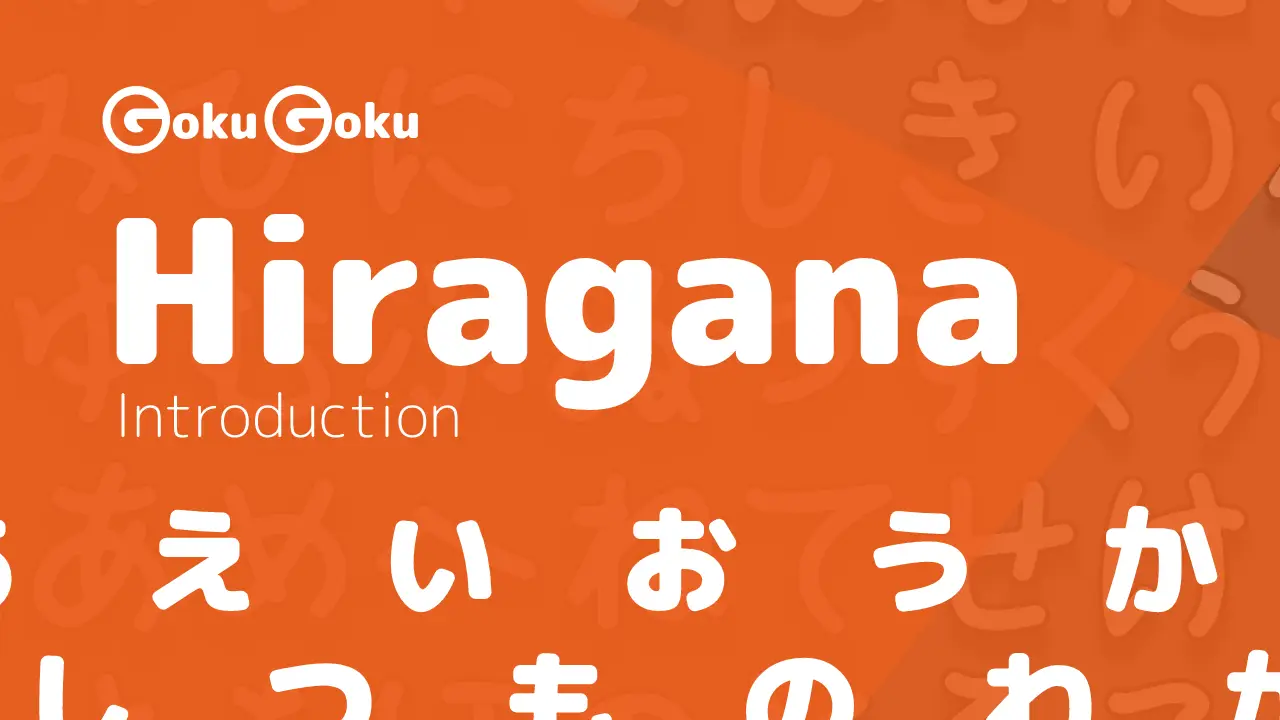The suffix ば (ba) is used in Japanese to form the conditional and the hypothetical sentence, which in many languages is introduced by the conjunction if.
ば varies its form depending on whether it is used with a verb, noun or adjective.
In this post we learn more about the meaning of ば, how it is formed, when ば is used and how it is modified according to the grammatical element to which it is joined.
How and when ば is used
The hypothetical sentence in Japanese is translated in various ways.
Let's see in this post:
- ば and れば suffixes added to verbs;
- ければ with い adjectives;
- and なら or ならば following nouns and な adjectives.
The structure follows the order:
- the hypothetical sentence A introduced by the conjunction if and
- the sentence B, a direct consequence of A
If A happens , B occurs.
その大学を出れば、いい会社に入れる。
If you graduate from that university, you can get into a good company.
How ば is formed
ば and れば as we anticipated, are suffixes joined to the verb base.
Example with the Ichidan Verb: 決める decide
決めればすべてうまくいく。
If you decide, everything will be fine.
Example with the Godan Verb: 押す push, whose Base in え or B4 is 押せ
このボタンを押せば、冷たい水が出ます。
If you press this button, cold water comes out.
We have translated the sentence literally to emphasise the hypothetical if but it can be translated:
⇨ Press this button and hot water will come out.
Irregular verbs:
- する
dobecomes すれば - 来る
comebecomes 来れば
毎日練習すれば、日本語が上手になります。
If you practice every day, your Japanese will improve.
暑い is an い Adjective and means hot, warm
暑い means hot referring to the weather conditions and opposite to 寒い cold; 熱い with the same pronunciation means instead hot to the touch whose antonym is 冷たい cold, freezing
部屋が暑ければ、窓を開けてください。
If the room is hot, open the window.
無理な is a な Adjective meaning impossible, unreasonable
無理ならば大丈夫です。
If you can't, it's okay.
ソフトドリンク refers to all the non-alcoholic drinks
ソフトドリンクなら飲のみますが、ビールなら飲めません。
I can drink soft drinks, but not beer.
Literally the sentence means: If it is non-alcoholic I will drink it, but if it is beer I cannot drink it.
The verb 飲む in the first part is in the polite form in ます I drink; the second one is a potential form in the negative I cannot drink.
Negative forms
The hypothetical structure in the negative form:
- with the verbs the suffix なければ is attached to the negative verb base or B1.
The negative base or B1 for Ichidan verbs is obtained by removing the syllable る and for Godan verbs by replacing the last syllabe with the kana ending in あ.
要る: need, want
いらなければ、誰かにあげてください。
If you don't need it, give it to someone else.
- the い Adjectives use the adverbial form ending in く + なければ
難しくなければやってみたい。
If it's not difficult, I'd like to try it.
We find in the main sentence the use of てみる, the て form of the verb + みる which translates trying to do something.
- Nouns and な Adjectives are followed by でなければ; let's remember to remove the kana な from the adjective
迷惑な refers to something that causes annoyance, disturb or trouble
ご迷惑でなければ、お願いしたいのですが。
If it is not too much trouble, I'd like to ask you a favor.
Examples of ば
チャンスがあれば、アラスカに行ってみたいです。
If I have a chance, I would like to visit Alaska.
もっとお金があれば、この時計が買えるのに。
If I had more money, I could buy this watch.
A
どこに行けば、その服が買えますか?
Where can I buy that cloth?
B
渋谷に行けば、買えますよ。
You can buy it in Shibuya.
⇨ Where should I go to buy that cloth?
⇨ If you go to Shibuya, you can buy it.
雨が降らなければ、出かけます。
If it does not rain, I will go out.
Similar grammar points in Japanese 📚
~ていく
~ていく (teiku) Meaning Japanese Grammar - Keep Doing
てよかった
てよかった (te yokatta) Meaning Japanese Grammar - I'm Glad That...
それでもいい
それでもいい (soredemoii) Meaning Japanese Grammar - It's Fine
それでも
それでも (sore demo) Meaning Japanese Grammar - Still
させられる・せられる
させられる・せられる (saserareru serareru) Meaning Japanese Grammar - To Be Made To Do Something
ないで
ないで (naide) Meaning Japanese Grammar - Without Doing

